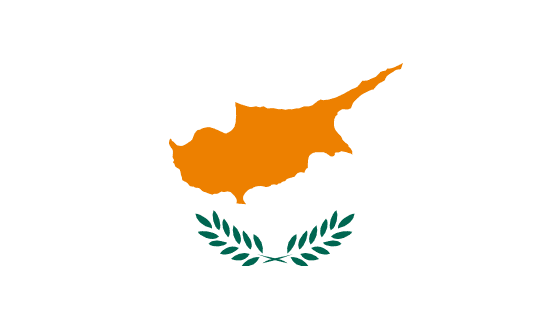"Η πόλη με την αλμυρή ιστορία | The city with the salty history"
About:
Larnaca, a city on the southern coast of Cyprus, traces its history back to the 13th century BC, when it was known as Kition. It was a significant center for copper trade and Phoenician culture. Over centuries, it fell under Assyrian, Egyptian, Persian, and Roman rule. In the Middle Ages, it was renamed Larnaca. The city experienced Ottoman rule, British colonial rule, and inter-communal violence between Greek and Turkish Cypriots. Today, Larnaca is a thriving city, known for its seaside promenade and historic sites.
When to visit:
Larnaca is a popular tourist destination located on the southern coast of Cyprus, known for its beautiful beaches, historical sites, and vibrant culture. The best time to visit Larnaca is during the spring and autumn months, from April to June and September to November, when the weather is mild and pleasant, ideal for outdoor activities. Summer, from July to August, can be very hot with temperatures reaching over 30°C, making it less comfortable for sightseeing and outdoor excursions. Winter, from December to February, is the off-peak season with cooler temperatures and a higher chance of rainfall, but it can still be a good time to visit for travelers looking to avoid crowds and enjoy a more peaceful experience.
When to avoid:
Larnaca, located in Cyprus, experiences its peak tourist season during the summer months of June, July, and August. However, the worst time to travel to Larnaca on a holiday would likely be during the winter months of December, January, and February. This period is characterized by cooler temperatures, increased rainfall, and fewer tourist activities and amenities available. Travelers seeking to explore Larnaca's beaches and outdoor attractions may find this time of year less ideal for a holiday visit. It is recommended to plan a trip to Larnaca during the spring or autumn months for more favorable weather conditions and a better overall travel experience.
"Winter Season (Dec-Feb)"
In Larnaca, Cyprus, the coldest and wettest period is typically from December to February. Average temperatures range from 8°C to 17°C. Rainfall peaks in December and January with an average of 80mm. Days are shorter with around 10 hours of daylight and 4-5 hours of sunshine. Cloud cover is more prevalent, reducing the usually bright Mediterranean skies. An average day for a visitor might start chilly but warms up by noon. It's perfect for indoor activities or exploring ancient sites without the summer crowd.
"Summer (June - September)"
In Larnaca, Cyprus, the warmest part of the year is from June to September, with July and August being the peak summer months. The average high temperatures during this period range from 27°C (81°F) to 33°C (91°F). Rainfall is minimal to none, with July and August being the driest months.
The area enjoys abundant sunshine, with an average of 11-12 hours of daylight per day. Humidity can be high, often exceeding 70%, which can make the heat feel more intense. The sky is typically clear, with very little cloudiness.
A typical day for a visitor during this time would feel hot, especially in the afternoons. The mornings and evenings are more comfortable, with a mild and pleasant climate. The intense midday sun would encourage indoor or shaded activities or a dip in the sea. Despite the high temperatures, the frequent sea breezes provide some relief from the heat. The evenings are warm and perfect for outdoor dining or strolling along the beach.
Language:
In Larnaca, a city located on the southern coast of Cyprus, the most commonly spoken language is Greek, specifically the Cypriot dialect. English is also widely understood and spoken due to the city's popularity as a tourist destination. Additionally, due to historical and demographic factors, Turkish and Russian are also spoken by a significant portion of the population.




